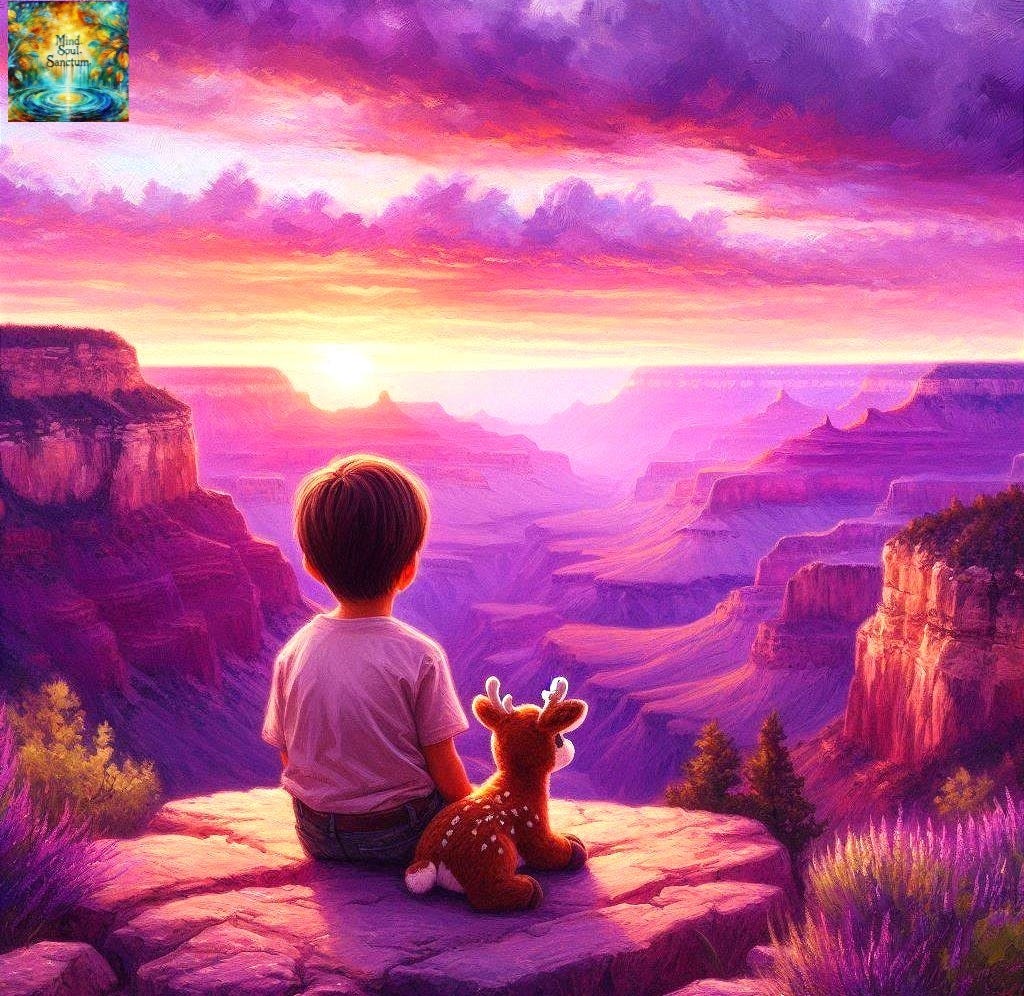This story is partially based on this book: Dacher Keltner. Awe: the New Science of Wonder and How it can Transform your Life. New York: Penguin House, 2023.
After years of self-torture, I decisively concluded that I am one of the free thinkers, the feelers, the wanderers and the wonderers, and the emotionally-driven sensitives. I care little for formulas, numbers, or directions. There are many of my peers out there, but they are hard to see.
There is freedom in knowing who you are and even more in disavowing who you are not.




